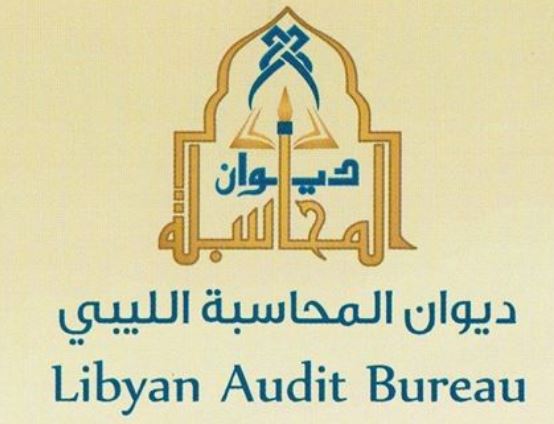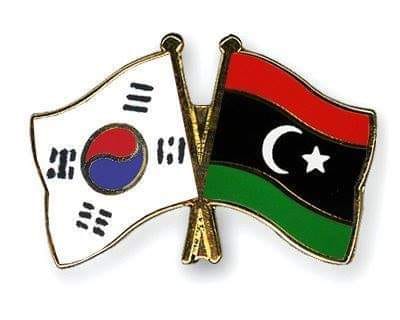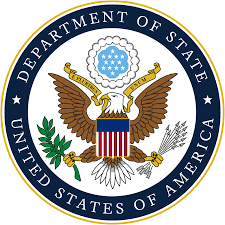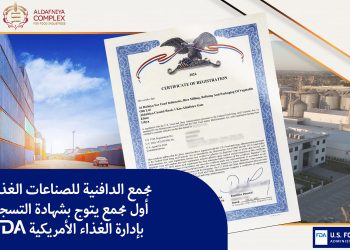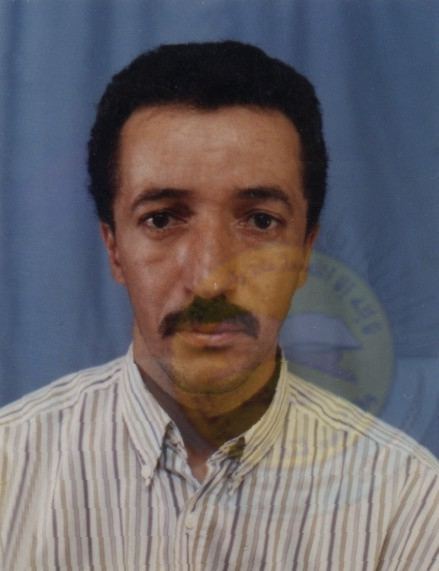Until it evacuated all but a small team of its expatriate employees in February last year, German energy company Wintershall . . .[restrict]was getting some 70 percent of its oil and gas production from Libya, where it was the second largest international oil company.
The loss of some 90,000 b/d for eight months ought to have hit the firm’s financials hard, but thanks to strong oil prices, Wintershall has just announced bumper 2011 profits, passing €1 billion for the first time. However because of the interruption in its Libyan liftings, earnings per share before interest and tax actually fell ten percent.
Wintershall chairman Rainer Seele announcing the figures at its Kassel headquarters said “Our result for the year shows that with our company’s focus on core regions, combined with partnerships and technologies, we are on the right track”.
The German company lost little time in returning to Libya last October. In December Seele and the head Exploration and Production (E&P) Martin Bachmann came to Tripoli to meet local employees and members of the government, including Prime Minister Abdurahim el Kib.
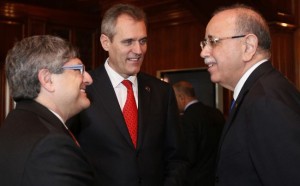
At the gathering of Wintershall’s 450 workers Seele announced that its Jakhira field was to be renamed “Tako”, in honour of an employee who was killed while on duty there during the revolution. No Wintershall facilities were seriously damaged in the fighting, before which production operations had been sealed off. Seele also promised that the company would support Libyan relief efforts and look after its employees.
Production has now reached 60,000 b/d and Seele said in Kassel that he believed it can reach 90,000 b/d. Thereafter however, the company faced restraints because of the old pipeline system carrying crude from its production around the Jakhira oasis, 1,000 kilometres south east of Tripoli and 350 kilometres south west of Benghazi to the coast.
Seele told Reuters after the 2011 results announcement: “We are now discussing with (Libya’s) national oil company a long-term solution because the pipeline is more than 50 years ‘young’ and we definitely have to see whether we can find a solution there”.
He also said that the business climate in Libya had improved since his October visit, when international financial sanctions imposed on the Qaddafi regime were still being unwound and Libya’s financial stability seemed in question.
“It is now back to normal” he said, “We have no problems with financial transactions and sanctions are lifted.”
Wintershall, a subsidiary of the German chemicals giant BASF, has been in Libya since 1958 and has eight producing fields in concessions jointly operated with Russia’s Gazprom. The largest is the As Sarah field, where Wintershall operates Libya’s first gas conditioning plant, from which gas and condensate are then transported to the coast. It also has an interest in the Al Jurf offshore field in the Mediterranean Sea off the Libyan coast.
The company’s total investment in Libya now exceeds $2 billion and it has drilled over 150 wells. In 2006 it was awarded an 11,000 s.q km. exploration area in south-eastern Libya.
[/restrict]



